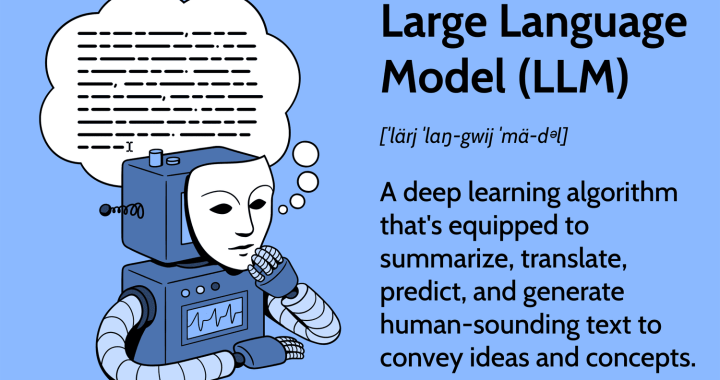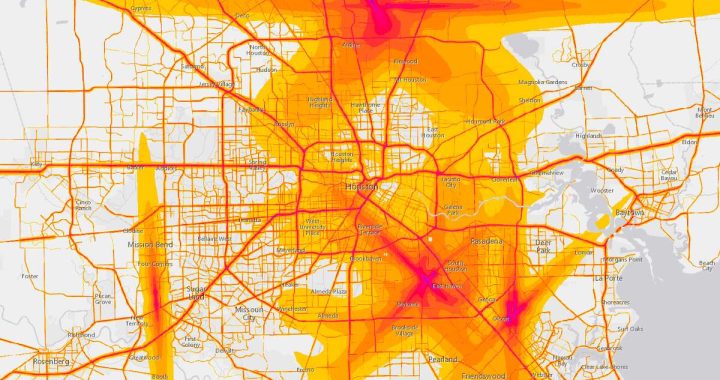In response to The New York Times article “650 Prompts for Narrative and Personal Writing”
53. “Do You Think You’re Brave?”
This question changes meaning depending on how you pronounce the emphatic last word.
Do I think I’m brave? Yes. I take risks, I meet challenges, and I do my duty even when I don’t feel like it. That takes guts. I am brave.
Do I think I’m Brave? Irrevocably, yes. A resounding Yes.
Almost two years ago, when I first ran a print of my business cards with my name written “iván BRAVE,” my abuela commented, “Vi que pusiste BRAVE en mayúsculas; Claro, los Braves son todos iguales.” Braves are all alike. We’re proud of our name. Shouldn’t you be proud of yours? Names are important. They give history, address, and significance, all in a string of letters passed down from generation to generation. Even if you disagree, or have changed your name–why not?–you must admit names are connotative. Cortázar cuts like a knife. “Buendía” in One Hundred Years of Solitude connotes irony. But wait a minute, you argue, the name John is tabla rasa. Not quite. What connotations does John have when joined by “Matthew,” “Mark,” and “Luke”? Or what if we give John the last name “Lennon,” “McCain,” or “Malkovich”? Bet you could visualize unique and specific people in each case. Names are important. (See “Aptronym.“)
Granted names are important, what irks me are continued mispronunciations of Brave, or worse, no attempt at all to say my name the way I hear it. What do I mean? For a native-English speaker, it’s understandable to read my last name and assume it’s pronounced the way he or she has learned to read the letters b-r-a-v-e. When someone says my name, “Ivan brave,” I smile. After all, I am brave. Usually, I’ll make a joke, or go right into a polite correction. Being from a country of rich culture, the native-English speaker will understand, and say: “Oh, ok, Iván Brah-veh.” The curious listener might ask if the letter “e” at the end of Brave has an accent–say, “Brah-vey”–and make it a long-vowel to boot. “Nope,” I reply, “it’s BRAH-veh. Beyoncé has an accented “e” at the end of her name: Be-yon-CEH. Not me, ha-ha-ha.” By this point most can say my name correctly. There are, however, those who quit trying, won’t try, or express their inability to pronounce my name. And that makes me sad. How would you feel if a co-worker, employer, classmate or professor, couldn’t address you correctly, or with respect? Mispronouncing my name doesn’t bother me. Giving up to address me all together does. Say it wrong if you have to, is my response, and we can work together. The worst thing you can tell someone is “I can’t pronounce your name.” Because what a listener hears in that case is, “I will not make the effort to expand my limit vocabulary to include you.”
We live in a hyper-connected world, where self-deprecation and informality abound. How many times have you heard (or said) “I am not good with names.”? How many of those speakers consider “learning names” a miracle, not a skill that requires patience and determination? The sentence “I’m not good with names,” begins “I’m not good.” Who wants to say that? We know the benefits of addressing our peers by their name. Let’s do it. Learning names is as simple as “listen and repeat, listen and repeat.” I challenge you to call the next three people you meet on a weekly basis by their real name. Not all will. Most are satisfied with the “Hey,” or the “Ehrm, excuse me,” form of address. Not a lot of confidence behind those voices.
To quote a story from Orange is the New Black actress Uzo Aduba:
“If they can learn to say Tchaikovsky and Michelangelo and Dostoyevsky, they can learn to say Uzoamaka.”
I would mention the “Iván” pronunciation, but that’s for another essay. As it stands, I am brave. And you can learn to say Brave. At least that’s what I think.
How do you pronunciation of Beyoncé? Watch her video, ***Flawless:




